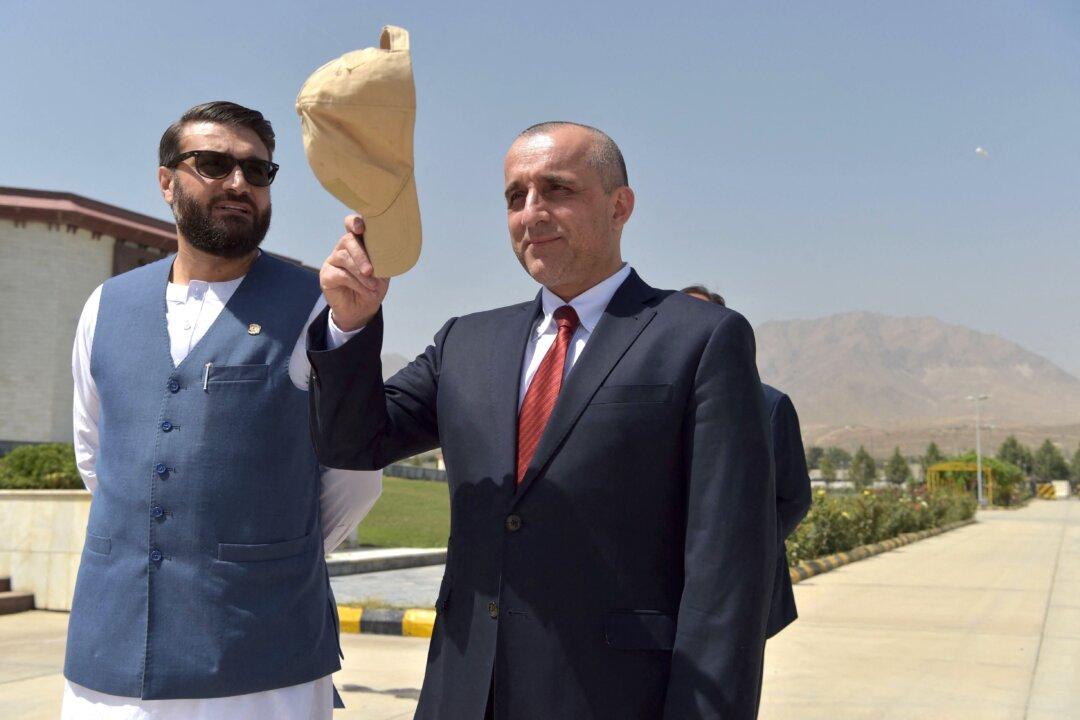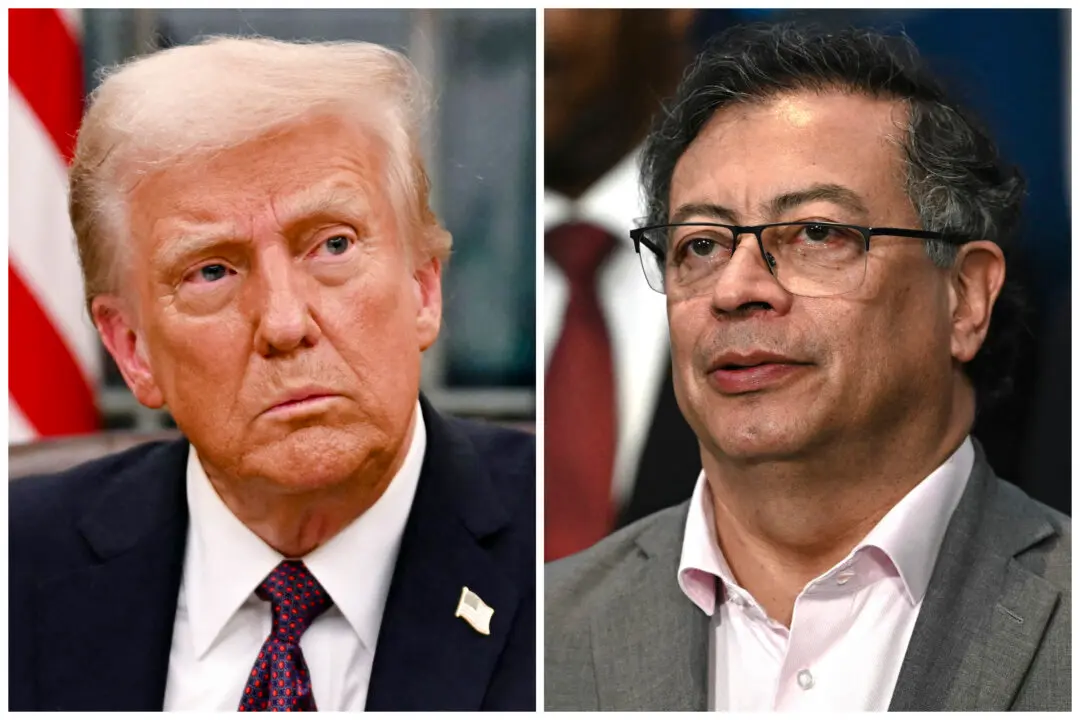Amrullah Saleh, who says he is Afghanistan’s acting president according to its constitution, has claimed that the Taliban were behind the suicide bombing at Kabul airport on Aug. 26, which claimed the lives of 13 U.S. service members and over 100 Afghans.
“Every evidence we have in hand shows that [ISIS-K terrorist] cells have their roots in Talibs [Taliban] & Haqqani network particularly the ones operating in Kabul,” Saleh posted to Twitter a day after the deadly blast.





